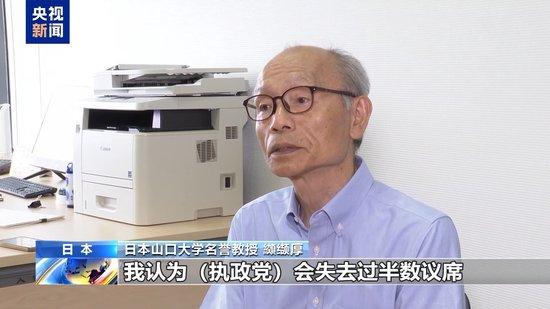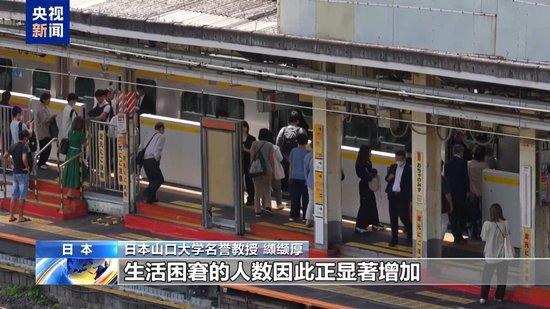

The 27th National Assembly election in Japan is set to take place on the 20th. Polls show that the ruling coalition of the Liberal Democratic Party and the Komeito Party, which has been in power, faces a tough situation with its goal of securing more than half of the seats.
Yasuhide Suzuki, a distinguished professor at Hokkaido University, mentioned that this election could potentially be a critical turning point for Japan’s future political landscape.
Yasuhide Suzuki, a distinguished professor at Hokkaido University:
Currently, including the media, there is high anticipation for this Senate election. The turnout rate is undoubtedly higher than previous ones. Voters who have not visited the polling stations in the past—referred to as the “floating layer”—who are mostly negative or even hostile towards the ruling Liberal Democratic Party and Komeito Party, will vote against them. This could lead to an increase in votes for some reformist parties, independent candidates, and other opposition parties.
Japanese experts believe that if the ruling coalition fails again, it will face even greater difficulties.
Suzuki stated that since the ruling coalition formed by the Liberal Democratic Party and Komeito Party lost their majority in last year’s House of Representatives election, failing again in this Senate election would make their situation even more challenging.
Yasuhide Suzuki, a distinguished professor at Hokkaido University:
I think the ruling party will lose more than half of the seats, so from this perspective, the overall result will likely follow most predictions. This means that the ruling Liberal Democratic and Komeito parties might lose not only their current position in the House of Representatives but also significant political power, even losing their current governing status. In such a case, Japan’s political situation may further deteriorate.
Japanese expert: The ruling party’s ineffective measures against rising prices have led to public dissatisfaction.
Suzuki believes that Shigeru Ishiba, who took office after taking the title of Prime Minister, has focused on improving people’s livelihoods as his flagship policy. However, he has had little success in addressing the issue of rising prices, which is the main reason behind the declining popularity of the ruling coalition.
Yasuhide Suzuki, a distinguished professor at Hokkaido University:
Japan is currently facing a problem of rising prices, leading to a significant increase in people living in poverty. Issues like rice shortages and stagnant wage levels are major concerns. Looking back at these problems, many voters believe that the responsibility lies with the long-serving Liberal Democratic Party and the ruling coalition. Although these voters supported the Liberal Democratic Party and Komeito Party in the past, they now want to try other parties. As a result, support for both the Liberal Democratic Party and Komeito Party is decreasing.